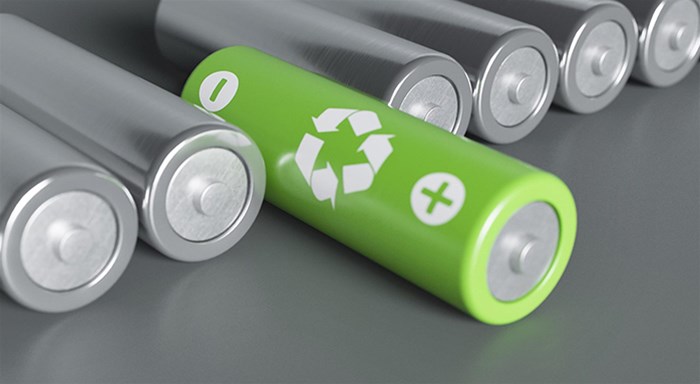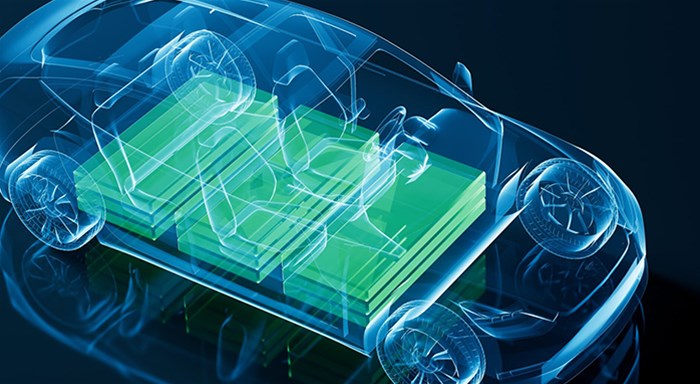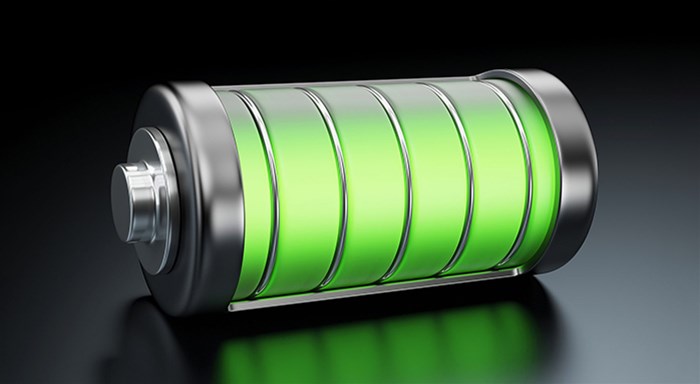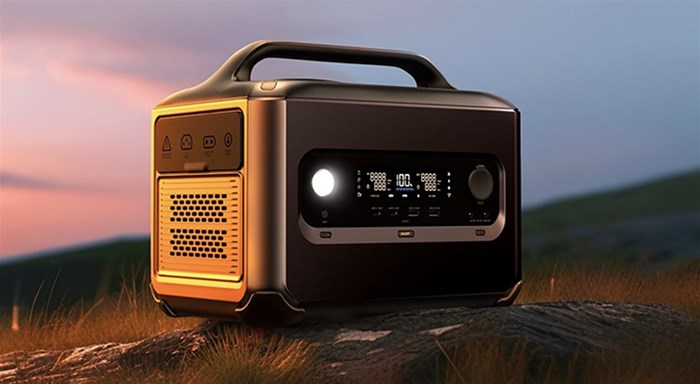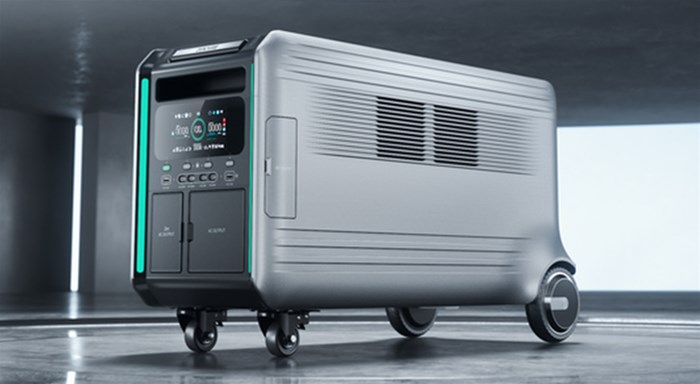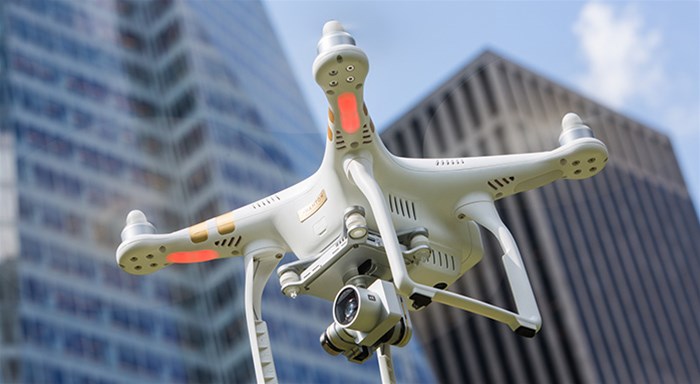-
Home
- Battery
- Application
- Solution
- News
- About Us
Inquiry
Contact UsIf you have any questions, please contact us immediately! Classify
Classify- Consumer electronics field
- Energy storage field
- Aerospace field
- Military field
Energy storage field
-
What are the classifications of lithium batteries?
With the rapid development of science and technology and the gradual deepening of environmental awareness, lithium batteries, as a clean, efficient and renewable energy source, have been widely used in various fields. Whether it is consumer electronics such as mobile phones and laptops, or emerging industries such as electric vehicles and energy storage systems, lithium batteries play a vital role.
Views:8 Post Date:2024-03-02 -
Lithium Polymer Batteries vs. Lithium-Ion Batteries: In-depth Discussion and Comprehensive Comparison
With the rapid development of science and technology and the gradual strengthening of global awareness of environmental protection, new energy vehicles have stood at the forefront of the market and attracted much attention. As the core power source of new energy vehicles, the performance of power batteries is directly related to the overall performance of the vehicle. Among many types of power batteries, lithium polymer batteries and lithium-ion batteries are the most widely used,
Views:8 Post Date:2024-03-01 -
Revealing the specific capacity of lithium batteries: how to calculate and evaluate
With the rapid development of technology and the increasing popularity of electronic devices, lithium batteries have become an indispensable part of our lives. Whether it is smartphones, laptops, electric vehicles, or energy storage systems, lithium batteries have won widespread recognition and application due to their unique advantages. However, many people may not understand an important parameter of lithium batteries-specific capacity.
Views:23 Post Date:2024-02-26 -
Which outdoor power supply is better, lithium iron phosphate or lithium battery? ——Comprehensive analysis and comparison
With the rapid development of technology and the increasing popularity of outdoor sports, outdoor power supplies have become a must-have equipment for many people when traveling. However, faced with the dazzling array of outdoor power products on the market, consumers often get entangled: which one is better, lithium iron phosphate battery or lithium battery?
Views:8 Post Date:2022-11-28 -
Outdoor large-capacity power bank and lithium battery: comprehensive comparison and selection guide
With the rapid development of technology and the increasing popularity of outdoor activities, people's demand for portable power sources is increasing day by day. In this context, outdoor large-capacity mobile power supplies and lithium batteries have become two popular choices.
Views:9 Post Date:2022-11-28 -
Advantages and practical applications of polymer lithium batteries in the drone industry
With the rapid development of science and technology, drones have gradually penetrated into various industries. From military reconnaissance to aerial photography to logistics and distribution, the application scenarios of drones are constantly expanding. In this process, polymer lithium batteries, as a new type of energy storage device, have gradually become the preferred battery in the drone industry due to their unique advantages and wide application prospects.
Views:11 Post Date:2021-08-10
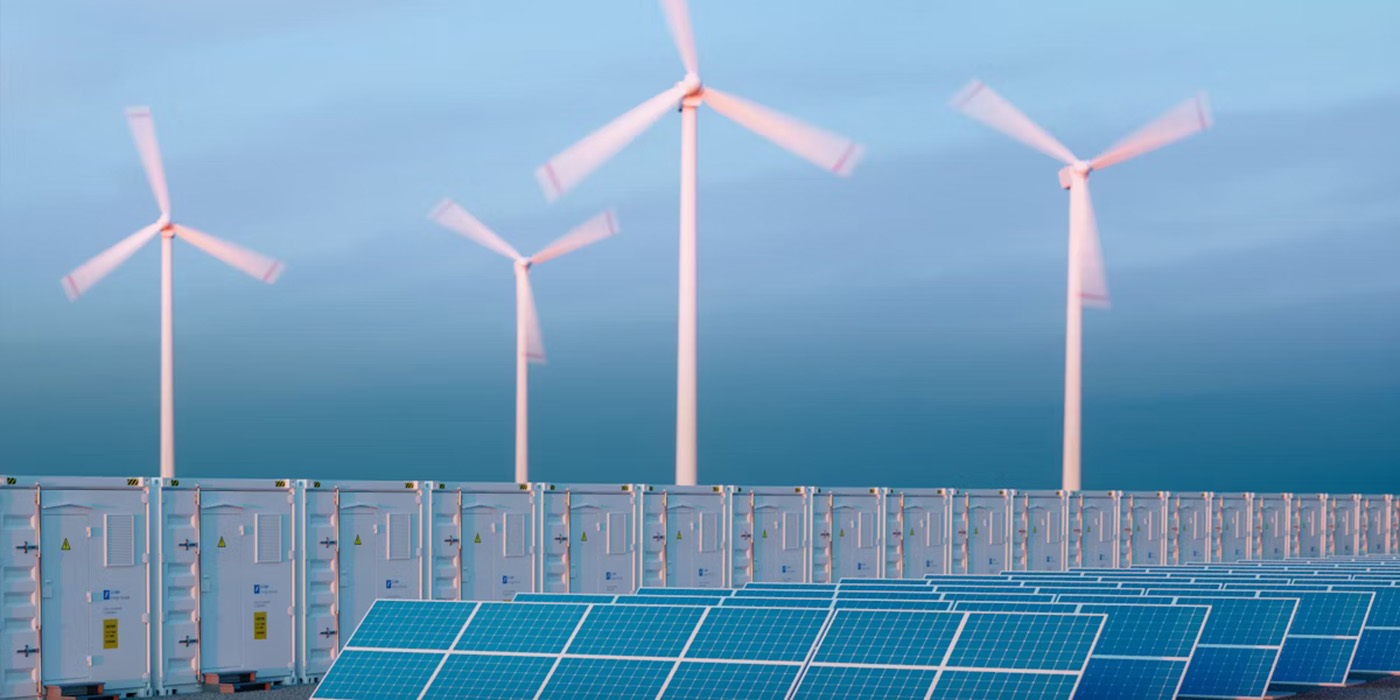 Electric energy storage
Electric energy storageElectric energy storage is a technology that converts electrical energy into other forms of energy for storage, with the purpose of releasing it back when needed. Power energy storage technology is of great significance in realizing large-scale utilization of renewable energy, improving the stability and reliability of the power grid, and reducing energy costs.
Renewable energy power generation
Renewable energy power generation is intermittent and volatile, such as wind power, photovoltaic power generation, etc. Electric energy storage lithium batteries can store the electricity generated by renewable energy generation and release the electricity when needed, effectively improving the utilization rate of renewable energy generation and promoting the integration of renewable energy into the grid.Power grid peak shaving
Power grid load has obvious diurnal and seasonal changes, with peak power consumption during the day and summer and low power consumption at night and winter. Electric energy storage lithium batteries can take advantage of the peak-valley electricity price difference to charge when electricity prices are low and discharge when electricity prices are peak, cutting peaks and filling valleys, thereby improving the economy and security of the power grid.Backup power supply
Power energy storage lithium batteries can be used as backup power supply to provide reliable power supply for important loads and improve power supply reliability when a power grid failure or accident occurs.Microgrids and off-grid systems
In microgrids and off-grid systems, lithium power energy storage batteries can be used as energy storage units to provide reliable power for microgrids and off-grid systems. supply.Other applications
Power energy storage lithium batteries can also be used in electric vehicles, rail transit, UPS power supplies, energy storage power stations and other fields.Specific solutions
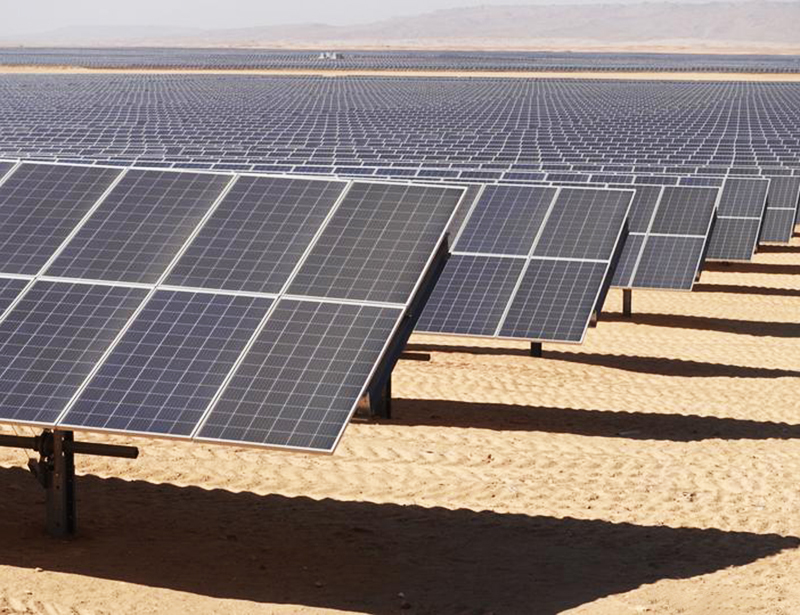
Photovoltaic power generation
Photovoltaic power generation is a renewable energy source that uses solar energy to generate electricity. Solar panels convert sunlight into electrical energy. However, solar energy is intermittent and cannot produce electricity at night or on cloudy days. Lithium battery energy storage can store excess electricity generated by photovoltaic power generation and release the power when needed, thereby improving the utilization rate of photovoltaic power generation.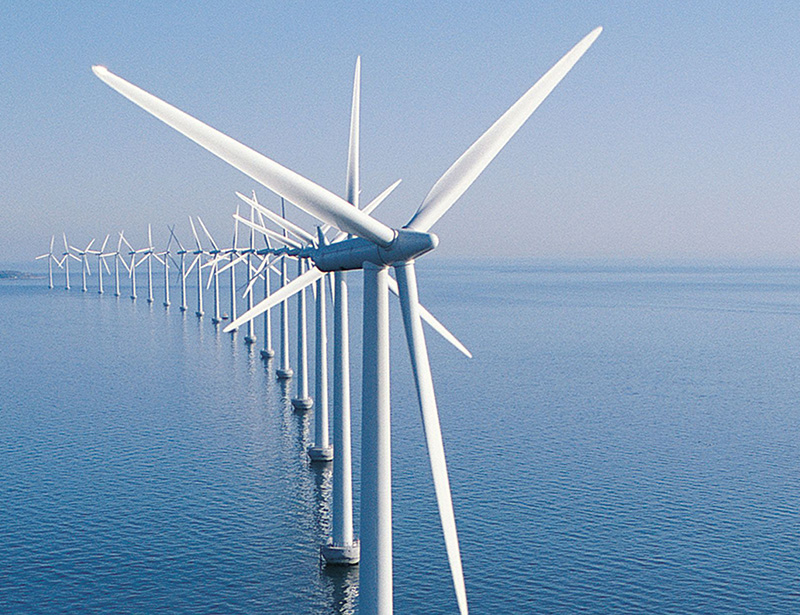
Wind Power
Wind power is another way to generate electricity from renewable energy sources. Wind turbines use wind energy to generate electricity. However, wind is also intermittent, and changes in wind speed will affect power generation. Lithium battery energy storage can store excess electricity generated by wind power and release it when needed, thereby improving the utilization of wind power.
Hydropower
Hydropower is a renewable energy source that uses water flow to generate electricity. Hydroelectric generators use the potential or kinetic energy of water to generate electricity. However, hydroelectric power production is affected by seasonal rainfall. Lithium battery energy storage can store excess electricity generated by hydropower and release it when needed, thereby increasing the utilization of hydropower.
Thermal Power
Thermal power is a traditional way of generating electricity using fossil fuels such as coal, oil or natural gas. Thermal power plants produce large amounts of carbon dioxide and other pollutants. Lithium battery energy storage can be used in conjunction with thermal power plants to improve the efficiency of thermal power plants and reduce pollutant emissions.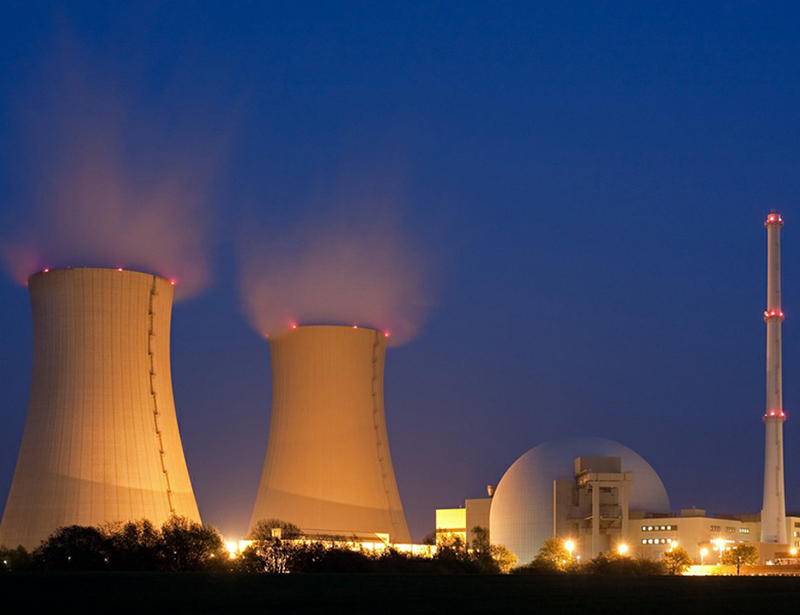
Nuclear Power
Nuclear power is a method that uses nuclear fission to generate heat and then uses the heat to generate electricity. Nuclear power plants produce stable electricity, but their construction costs are high. Lithium battery energy storage can be used in conjunction with nuclear power plants to improve the flexibility of nuclear power plants and reduce operating costs.
Geothermal Power Generation
Using geothermal resources to generate electricity is a clean and renewable energy source. Lithium battery energy storage can store excess electricity generated by geothermal energy generation and release the electricity when needed, improving the utilization rate of geothermal energy generation.
Follow us- +86 0769-21688994
- Room 603, Building 9, No.1 Boheng Second Road, Songshanhu Park, Dongguan City, Guangdong Province
All rights reserved © Guangdong Qiantu Battery Technology Co., LtdQiantu Battery - Battery

